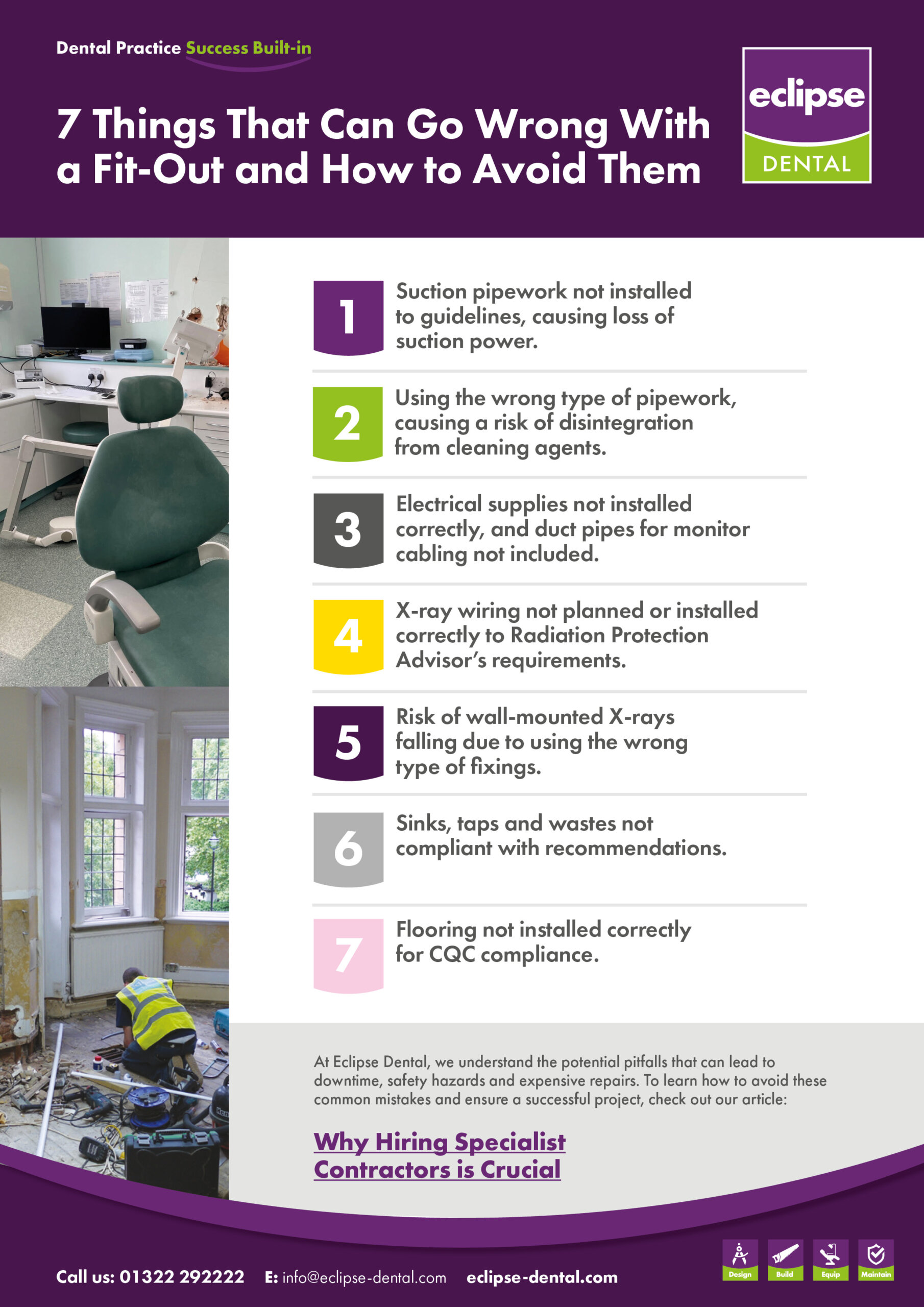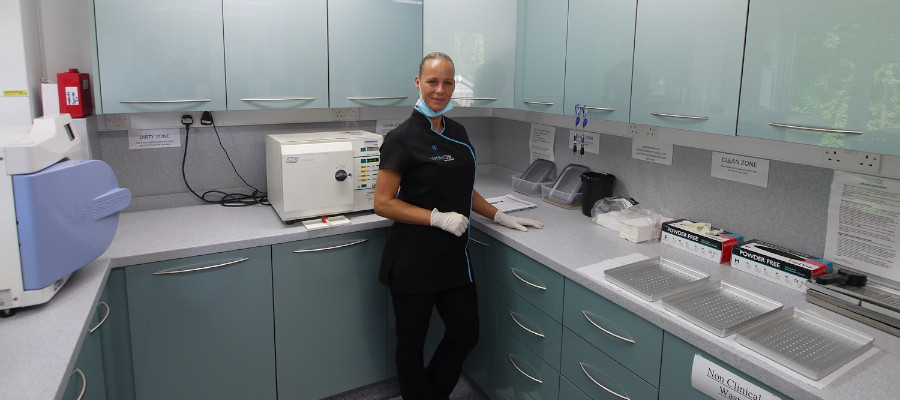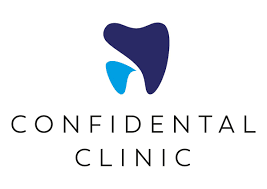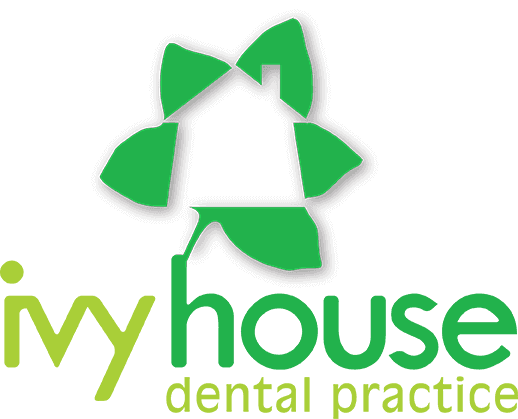
So, you’ve decided to open your own dental practice. Or perhaps you are looking to expand your brand by opening another.
As any seasoned dentist knows, this is an exciting yet challenging undertaking.
The journey to establishing a successful dental practice goes beyond just clinical skills; it encompasses understanding patient needs, staying updated with industry trends and ensuring that your services are accessible and affordable.
With the ever-evolving landscape of dentistry, especially in the UK, it’s crucial to be informed and prepared.
Patient feedback is invaluable.
Their experiences, preferences and concerns provide a roadmap for practitioners aiming to offer top-tier services.
Drawing from survey data collected in 2022, we’ve distilled key insights that shed light on what patients truly seek and value in their dental care journey.
Here’s a closer look:
These points encapsulate the key findings and trends from the research, providing a comprehensive overview of the public’s experiences and perceptions of dental care.
Now, let’s explore seven key areas that demand careful planning and strategic decision-making when establishing your business.
Will you build completely from scratch or purchase an existing dental practice? Both options have pros and cons.
Constructing a new dental clinic allows you to customise everything to your specifications.
You can handpick the location, design the layout and outfit it with up-to-date equipment. However, building a dental practice from nothing takes significant time and capital.
Acquiring an established dental practice means inheriting existing patients and revenue streams. However, you may need to renovate, upgrade technology and market yourself to gain loyalty. Buying also means navigating dental practice valuations and negotiations.
As you deliberate, reflect deeply on your core values and vision for your ideal dental practice.
Will you provide general family dentistry or specialise in a niche field like orthodontics, pediatric dentistry, or cosmetic dentistry? Defining your clinical philosophy and objectives from the start provides direction.
When renovating a purchased dental practice, approach any changes thoughtfully. While you may be eager to put your mark on the space, drastic overhauls can alienate longtime patients.
Make updates gradually while preserving what patients know and love about their dental clinic.
No matter your path, visit other dental practices to get design inspiration. Note elements that impress you or seem lacking.
An ideal dental surgery balances clinical excellence with patient comfort. It should feel professional yet warm.
Launching a dental practice requires major capital investment.
Carefully calculate startup costs and operating expenses, factoring in dental equipment purchases, renovations, staffing, supplies, marketing etc. Be realistic regarding revenue projections too.
Most dentists cannot fully self-fund a dental practice launch. Seek business financing options like commercial loans or private investors. Your business plan projections are key to securing funding.
Aside from money, launching a dental practice demands immense investments of time and energy.
Mentally prepare for long days leading up to opening as you handle logistics. Maintain focus on your vision to stay motivated when challenges arise.
Moderating your lifestyle as your dental practice takes shape can help maintain long-term sustainability and happiness.

Your dental surgery design significantly impacts your team’s efficiency, patients’ experiences and your bottom line.
Well-planned dental surgery layouts enhance clinical workflow and allow staff to fully utilise their expertise. Patients feel comfortable in thoughtfully designed, professional yet welcoming spaces.
Strategically position surgeries, decontamination rooms, reception and waiting rooms, breakrooms and other spaces to minimise walking between areas.
Designing a dental practice that supports efficient workflows and enhances the patient experience is essential for long-term success.
Invest in state-of-the-art dental chairs, delivery systems, cabinetry and workstations to avoid repetitive stress injuries.
Comfortable patients and clinicians are essential for productivity.
Allocate space for future growth too. You may expand clinical offerings or bring on additional dentists over time. Build in flexibility to adapt your dental office as needed.
Renovating or building a new dental office comes with many potential pitfalls. Heed this advice to avoid common mistakes:

You can download this graphic as a PDF here.
Avoid these pitfalls by partnering with a dental construction specialist or dental builder. Their expertise in navigating unique dental office requirements is invaluable.
Our article, ‘Why Specialist Contractors are Crucial‘ covers the specific responsibilities of plumbers, electricians and fitters in a dental practice fit-out or refurbishment.
If you would like to ascertain how each and every build element will increase your business performance and operational efficiency, then contact us for a chat about your project.
Outfitting your new dental practice with proper clinical equipment and supplies is crucial.
Invest in high-quality equipment and other foundational gear based on your dental practice scope.
Dental practice management software is a must for scheduling, billing, charting and reporting.
Choose user-friendly systems with robust features, safety protocols and technical support.
Select reliable equipment from reputable manufacturers that suit your needs and budget.
Stock up on consumable supplies and establish accounts with dental supply vendors.
Build out your dental equipment gradually as your dental practice grows. Poorly chosen tools that don’t improve clinical efficiency are unwise investments.
Your team will be fundamental to your dental practice’s success. Foster a supportive workplace culture and policies that attract and retain top talent.
Provide opportunities for professional growth through continuing education. Encourage work-life balance and self-care given the demanding nature of dentistry. Develop standardised protocols and systems to reduce stress.
Make your dental practice interior design appealing for staff too. Include proper lighting, comfortable break areas and natural elements like plants or artwork. Promote ergonomics with high-quality seating, equipment positioning and regular stretch breaks.
A rewarding dental practice environment benefits staff retention and morale, enhancing patient care. Set the tone you wish to perpetuate. Employees that feel valued pass on positive energy to patients.

Approach establishing your dental practice as a long-term endeavour, not a quick win. Patience and diligence will enable you to build something enduring.
Continuously research your local area’s demographics and needs. Offer services your community wants and lacks from competitors. Become a trusted neighbourhood dentist through outreach and involvement.
Provide excellent dental care with compassion. Nothing grows a dental practice faster than happy patients who refer family and friends.
Leverage digital marketing and reviews to attract new patients, yet don’t neglect traditional word of mouth. Seek opportunities to speak with groups or contribute to local publications.
Reinvest earnings into enhancing your clinical offerings, technologies, and dental office environment. Add specialists or additional dentists as demand grows. Expand thoughtfully by replicating what succeeds.
The rewards of owning your own dental practice make the effort worthwhile.
With meticulous planning and care in executing each building block, you can establish an enduring dental clinic that fulfils your vision.
We wish you tremendous dental practice success!
Please contact us or schedule a short call if you need assistance bringing your dream dental practice to life.
Whether you’re starting from scratch or upgrading your existing surgery, our expert team is here to design, build and equip a practice tailored to your needs.
Fill out this form, and we’ll be in touch within 24 hours to discuss how we can make your project a success.
Eclipse Dental is committed to protecting and respecting your privacy, and we’ll only use your personal information to administer your account and to provide the products and services you requested from us. From time to time, we would like to contact you about our products and services, as well as other content that may be of interest to you.
You can unsubscribe from these communications at any time. For more information on how to unsubscribe, our privacy practices, and how we are committed to protecting and respecting your privacy, please review our Privacy Policy.
1. What should I consider when planning to start a dental practice?
When planning to start a dental practice, you need to consider various factors such as creating a solid business plan, understanding the dental market and demographics, acquiring the necessary dental equipment and finding a suitable location for your practice.
2. How can I go about building a dental practice from scratch?
To build a dental practice from scratch, you will need to follow a step-by-step process. This includes finding a suitable location, designing your dental office layout, obtaining the required permits and licenses and sourcing the necessary dental equipment and supplies. It’s also important to hire a team of skilled professionals to assist you in setting up your practice efficiently.
3. What are the key factors to consider when setting up a new dental practice?
When setting up a new dental practice, some key factors to consider include the location and demographics of the area, the competition in the dental market, the availability of dental and medical facilities nearby and the regulations and guidelines set by organisations such as the CQC (Care Quality Commission). Proper planning and compliance with these factors will contribute to the success of your practice.
4. How can I ensure a successful private dental practice?
To ensure the success of your private dental practice, it’s important to focus on providing high-quality dental care using the latest technology and equipment. Developing strong relationships with your patients, maintaining a stellar reputation and staying updated on the latest advancements in dentistry will also contribute to the growth and success of your practice.
5. What are the costs involved in building a dental practice?
Building a dental practice involves various costs such as leasing or purchasing a property, renovating the space to meet your specific requirements, purchasing dental equipment and supplies, hiring and training staff, marketing and advertising and obtaining the necessary business licenses and insurance. It’s important to have a comprehensive business plan in place to estimate and manage these costs effectively.

I have used them for the first time in recent months for a complicated project in carrying out a practice refurbishment. Eclipse were meticulous and brilliant. Very knowledgable engineers and a beautiful finish to my practice. They really are a family based business who will look after you. Very professional company and will definitely keep using them.

I had my 2 surgery practice completely stripped out and services repositioned with new flooring, new equipment and redecorated. They kept to the agreed time scale and we were up and running in our state-of-the-art new surgery. Thank you Eclipse and I will be using your services again.

I did a lot of research looking for a dental fit-out company before I came across Eclipse Dental. They designed the surgery exactly the way I wanted it to look which suits my requirements perfectly. The final result was phenomenal, just phenomenal!

The engineers that attend our practice are very knowledgeable and always act in a professional manner. If we have an emergency situation John Boyt always tries his best to fit us in. I have no hesitation in recommending Eclipse Dental Engineering to you for all your servicing and breakdown needs.

Eclipse listened to my ideas, they added a lot to them and improved my initial design. They had loads of realistic and creative ideas for a 21st century dental practice! Two surgeries were refurbished on time without any interruption of our clinics.

We would highly recommend the awesome Eclipse team who guided us through the design process, finishing touches and colour schemes. Their ability to combine build works with equipment and dental engineering makes it so much easier and better value.

I am very pleased with the result, it is of a high quality and surpassed my expectations, on the strength of the work done I commissioned some extra wall cabinetry. The whole process was hassle-free and I would be very happy to recommend Eclipse to my friends in the business.
We used Eclipse recently in an emergency as we had equipment failure. They were very quick to respond to our call and were able to get us working again within 2 hours. The engineer was very friendly and professional and I would highly recommend this company.

I would like to express my gratitude to you and your team for your professionalism and prompt response when our dental chair packed up. You attended the same day, removed the damaged chair and installed a rental to allow us to continue practising.

Having dealt with many fit-out companies over the years, Eclipse Dental has been one of the most professional, dependable and sincere companies I have ever worked with. I would not hesitate to use their services again.

Excellent service, Eclipse have worked tirelessly for us and have always come out same day if we have a problem stopping us working. Thanks to all at Eclipse.

Their awareness of CQC regulations regarding equipment relocation and our necessity to minimise downtime was brilliant. We would like to recommend Eclipse Dental to anyone considering a refurbishment or relocation.

Very happy with the service and reliability of the team. From the beginning to the end, everyone was always helpful and very kind. I definitely will recommend Eclipse Dental!

I liked how swiftly the projects were done. Everything was managed, everything was timed and everything was coordinated. And every day we saw something happening. It was very exciting.

The quality of craftsmanship was exceptional—the cabinetry, flooring and all custom elements were made precisely to our specifications and aligned perfectly with our vision for the space.

Brilliant. Just professional! Complete refit of surgery. Flawless.

The boys did well! We didn’t give them much time to prepare but they did a great job, extremely pleased.

We have had the chairs for some time now and are happy with them. They serve what we need them for. The aftercare service is excellent

Eclipse are very flexible and listen to your needs. We are very impressed with the quality of workmanship they delivered. I would not hesitate to continue recommending Eclipse.

Eclipse were always accommodating of any requests and would always go the extra mile. I look forward to working with them for many years to come.

We are delighted with the end result. The practice looks good and, more importantly, works ergonomically and efficiently.